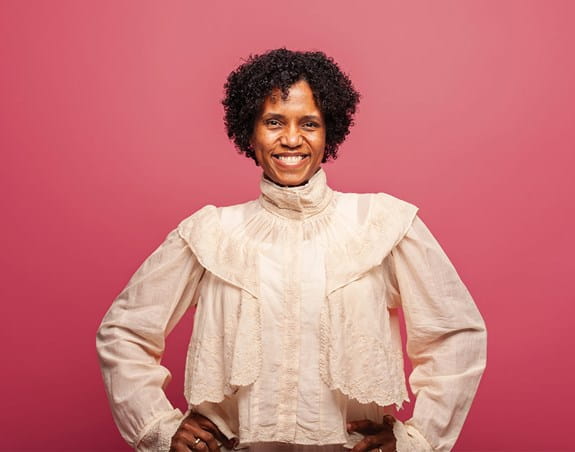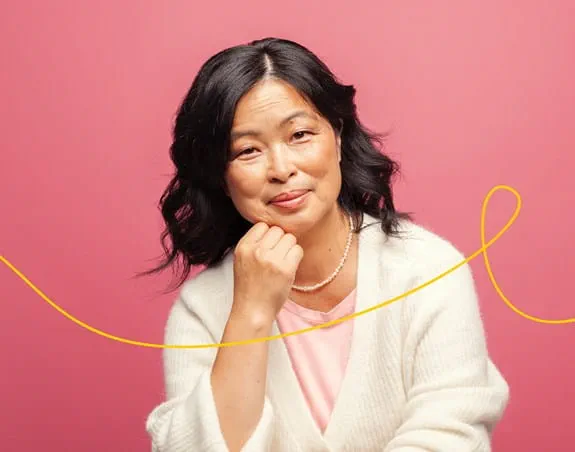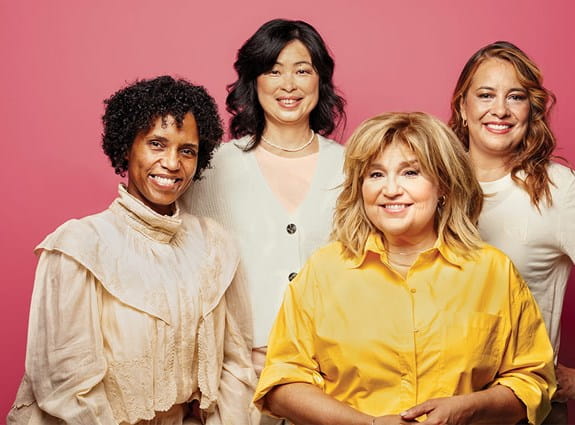
Memo-mamo
Do as they do. Get your mammogram!
The Canadian Cancer Society (CCS)’s Memo-mamo campaign is back for a 14th edition as part of Breast Cancer Awareness Month. The campaign theme, “We take your health to heart,” is a reminder to women between the ages of 50 and 74 about the importance of getting a screening mammogram every two years.
Taking care of your breast health starts with understanding the benefits and limitations of screening for breast cancer, why you should get screened, and how to get a mammogram if you live in Quebec and are eligible.
"I want to remind all women between the ages of 50 and 74 that we take their health to heart. Book an appointment to get your mammogram as soon as you receive the letter from the PQDCS. Do it for your health. It’s an easy way to take care of yourself!" stresses campaign ambassador Marie-Claude Barrette.
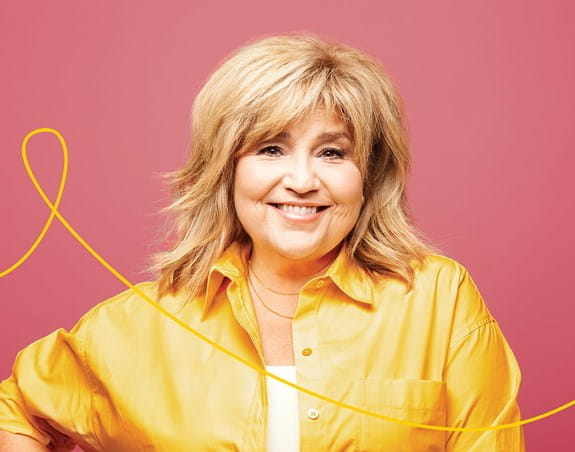
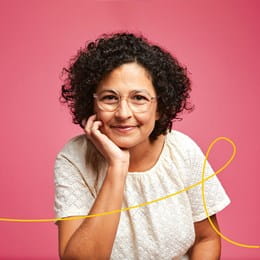
Dr Mona Ben M'Rad - 50 years old
Do as Mona does. Get your mammogram!
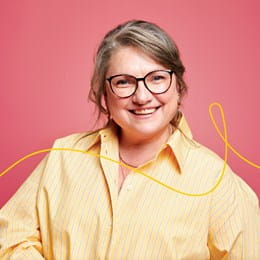
Lise Villeneuve - 55 years old
Do as Lise does. Get your mammogram!
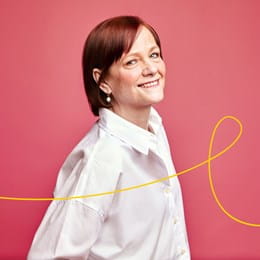
Suzanne Maillé - 57 years old
Do as Suzanne does. Get your mammogram!
Marie-Hélène Luly - Ambassador to the Haitian community
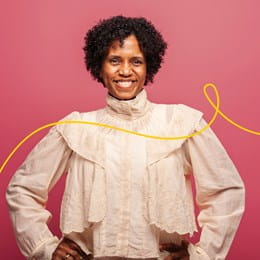
For these women we love and cherish, for these heroines who sacrificed their entire lives to bring us into the world, take care of us, defend our rights, advise us and comfort us; for these mothers, these grandmothers, these sisters, these aunts and these friends who are so precious, I want to celebrate life today, with them. So let’s come together and encourage them to get their screening mammogram so we can help them improve their health and increase their years of happiness by our side!
Alix Ortega - Ambassador to the Latin American community
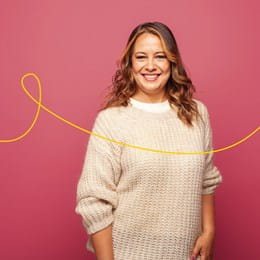
The early detection of breast cancer is crucial because this is the stage where it is the most treatable and the odds of recovery are highest. A simple mammogram can identify tumours before they can be felt, allowing for early diagnosis, which saves lives. Prevention is your best defense: getting regular mammograms, along with regular self-examination and medical visits, is essential to safeguarding your health. Timely action makes all the difference!
Kaimei Zhang – Ambassador to the Chinese Community
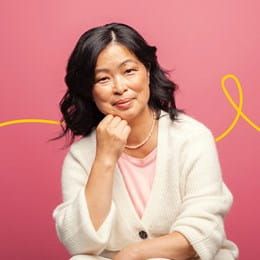
Mammography can find breast cancer when it is so small that it can’t be seen with the naked eye but can be effectively treated without the need for aggressive therapies such as chemotherapy or mastectomy. It is the most reliable detection tool for a cancer that has an excellent prognosis when caught early.
Importance of breast cancer screening
Breast cancer is the second leading cause of cancer death among women in Canada, with 1 in 8 estimated to be diagnosed with breast cancer in their lifetime.
However, since 1986 the death rate of breast cancer has been cut in half, through continued research and improved measures for early detection and treatments. Now, approximately 88% of women diagnosed with breast cancer can survive at least 5 years following a diagnosis.
By getting screened for breast cancer, you can improve your chances of breast cancer being detected early, before symptoms even develop, when it is easiest to treat.
Your trusted source for accurate cancer information
With just $5 from readers like you, we can continue to provide the highest quality cancer information for over 100 types of cancer.
We’re here to ensure easy access to accurate cancer information for you and the millions of people who visit this website every year. But we can’t do it alone.
If everyone reading this gave just $5, we could achieve our goal this month to fund reliable cancer information, compassionate support services and the most promising research. Please give today because every contribution counts. Thank you.





